Astral shows us that chicken farming isn’t for chickens
The horrible numbers shouldn’t be a surprise to anyone who was paying attention
If you’re looking for a business with extraordinary operating leverage and very thin margins, then poultry is for you. Back in November, Astral warned the market that things would get ugly, with record high feed input costs and the terrible impact of load shedding on operations.
In the Feed division, costs came under pressure as the group navigated load shedding. To help manage its impact, capital expenditure will be required. The good news is that the Poultry division will require substantially higher internal feed volumes, which will positively impact this division’s financial performance.
This brings us neatly to the end of the good news.
We move on to the Poultry division, where feed input costs are causing havoc. Contributing around 70% of the cost of producing a live broiler, any significant movements in this cost have a substantial knock-on effect on margins. Load shedding is a huge problem here, with abnormal costs and production cutbacks of at least 12 million broilers for the interim period.
That’s a lot of chickens.
With a backlog in the slaughter programme, the chickens are quite literally older and heavier, which means they are consuming more feed before being slaughtered.
So in fact, that’s a lot of fat chickens.
If costs could be passed on to consumers, some of these issues could be mitigated. Sadly, consumers are under so much pressure that Astral is having to subsidise the increased cost of productions. Right now, Astral is making a loss on every chicken of at least R2/kg. This will lead to this division incurring “significant losses” for the interim period.
In summary, there are a lot of fat, loss-making chickens. This is a cluck up of note.
Most of the capital expenditure plans of R737 million have been put on hold, with some funds committed towards backup electricity generation to reduce the impact of load shedding.
For the six months to March 2023, headline earnings per share (HEPS) will drop by up to 90%, coming in at 142 cents or more. The comparable period saw HEPS of 1,420 cents.
Although the group balance sheet is healthy, the reality is that the monthly run-rate in the business sounds really bad. This period may have been profitable, but the next one won’t be unless something changes in Astral’s operating environment.
The market clearly thinks that things will get better, based on this five-year share price chart:

Quilter reports further net inflows
The company manages and administers just under £100 billion in assets
Quilter’s assets under management and administration increased by 3% in the three months ended December. Now coming in at £99.6 billion, net inflows of £159 million in the quarter represented around 1% of the growth.
This was lower than net inflows in the preceding quarter (£236 million) and vastly reduced from inflows of £950 million in the comparable quarter of the prior year.
Clearly, inflationary pressures are really hitting household savings, including in the UK.
Quilter’s own distribution channel is performing far better than the independent financial advisor channel, which makes sense when you have your own army of advisors out there selling your products. This is a major part of Quilter’s investment case.
2022 was a tough year for asset management. Quilter ended 2021 with £111.8 billion in assets under management and administration. A year later and at £99.6 billion, that’s nearly an 11% drop in 2022.
The market movements are outside of Quilter’s control but inflows are not, so investors will be pleased with net inflows, even if they dropped sharply for the year to £1,787 million from £3,967 million the year before.
The share price has lost nearly 40% in the past 12 months.
Little Bites:
- Director dealings:
- The chairperson of RFG Holdings has bought shares worth nearly R36k
- An associate of a director of Dipula Income Fund bought shares worth over R42k
- Eastern Platinum has announced that the contract to deliver PGM tailings concentrate to Impala Platinum has been extended on the existing terms until 21 December 2023. The relationship between the companies is important, with Eastern Platinum targeting a restart of the Zandfontein underground section in 2023 based on an off-take agreement with Implats.
- Trencor released a trading statement that shows the company swinging into a loss for the year ended December 2022. The headline loss per share is expected to be between 0.7 and 1.3 cents vs. headline earnings per share of 3 cents in the prior year. This structure is a leftover on the JSE, so this isn’t as newsworthy as you may think. It is essentially a cash shell that will be wound up at a future point in time.

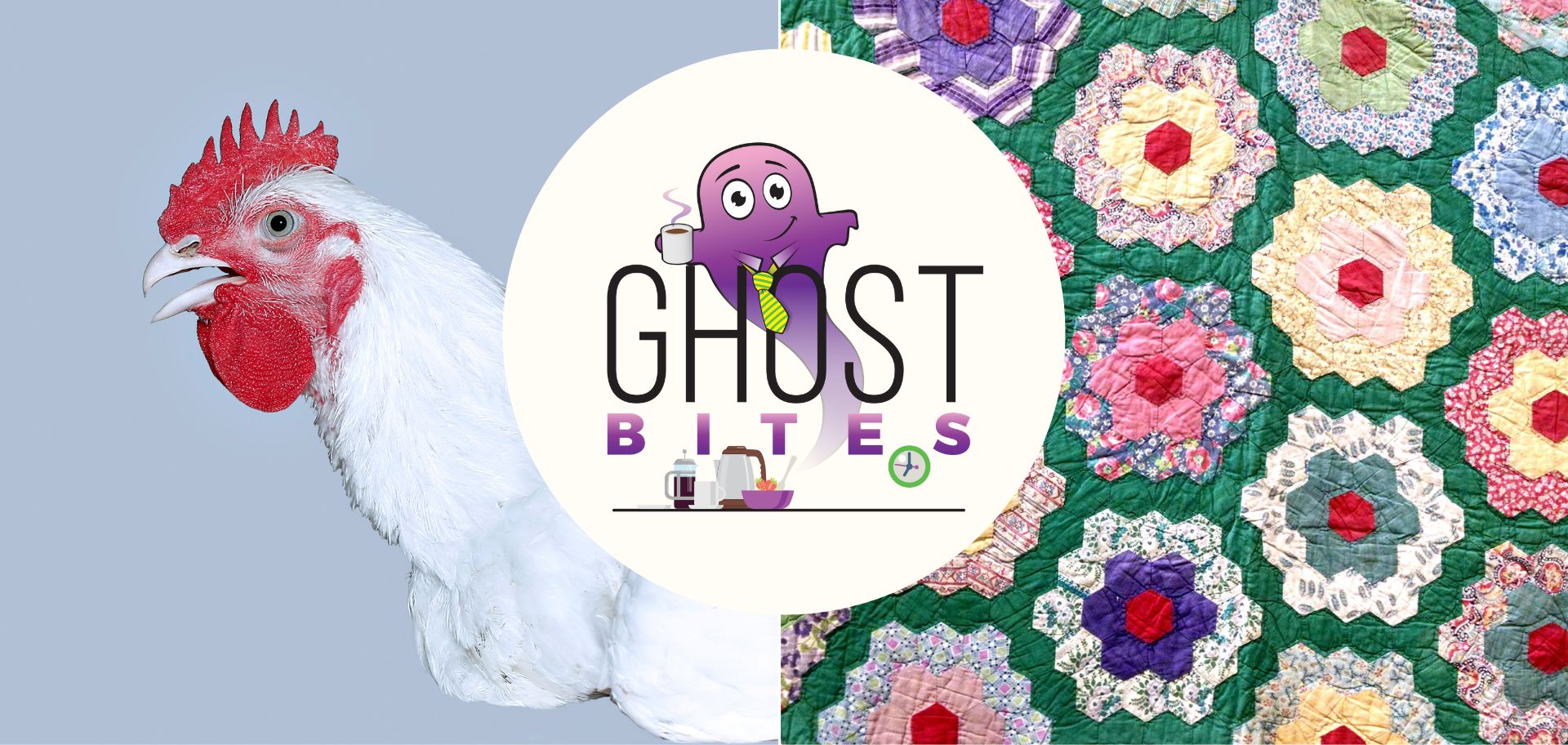


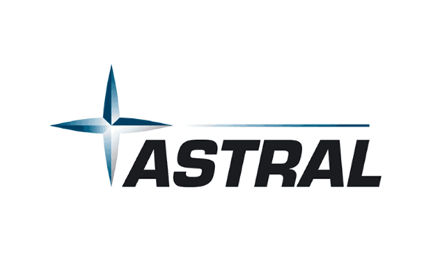
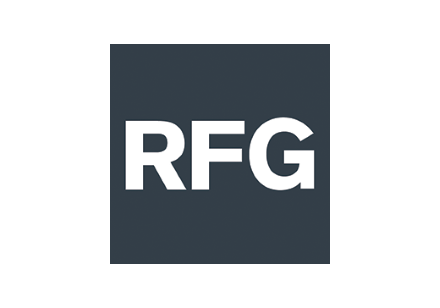
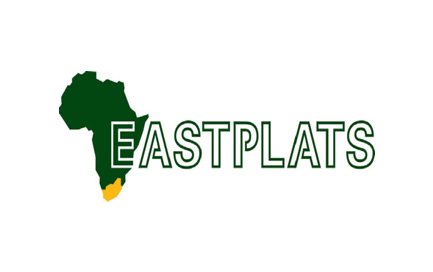
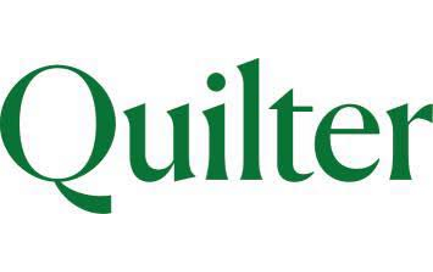
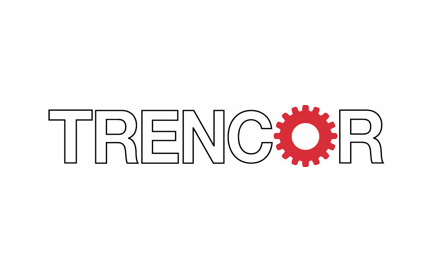
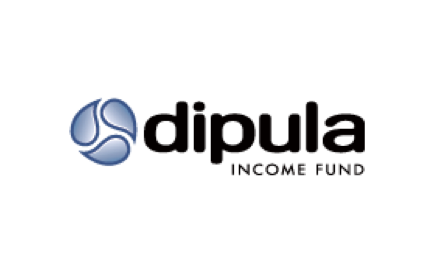


I was hoping to see something kn CND. With the share suspended, how could Protea Capital acquire a 8.4% stake? In Aug last year they dropped their stake to 2% and the share was suspended shortly after that?
Hi Ed! I considered it, but I’m trying to avoid the “scrappy” companies on the JSE these days to make Ghost Bites easier to read. When a share is suspended, it doesn’t mean people can’t buy and sell. It just means they can’t do it via the JSE. So Protea must’ve done a private deal somewhere. As the company is still listed (albeit suspended), the disclosure requirements still apply. Hope that helps!